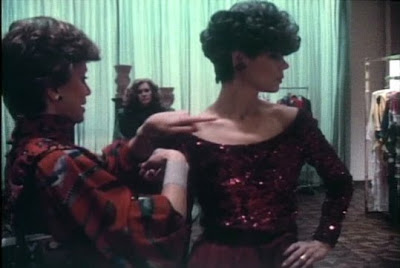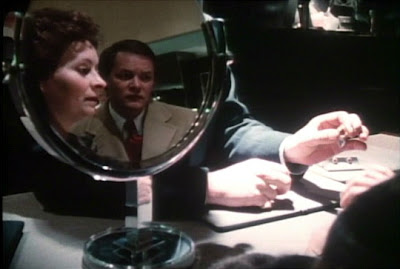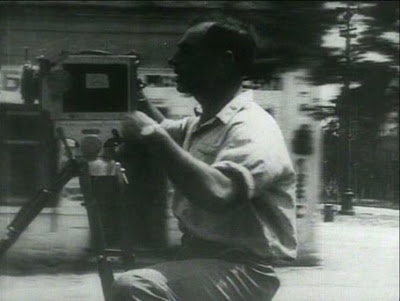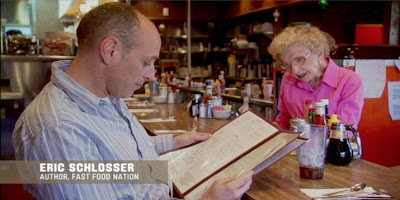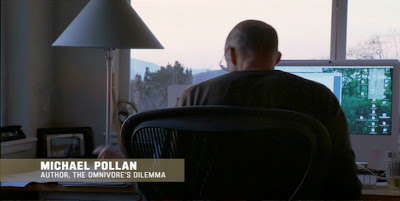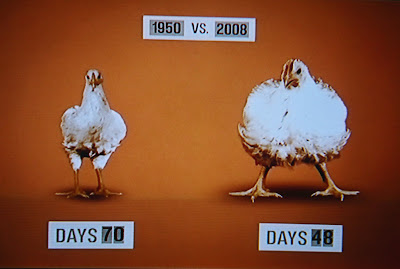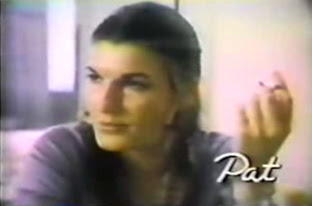
An American Family ran weekly on public television in 1973 and made
the Loud family into celebrities. I had a chance to see the excellent first two episodes preserved on a blurry VHS copy-of-a-copy and would love to see the rest. But the twelve original episodes of
An American Family are officially unavailable, as if they are radioactive and buried in some sort of Fort Knox of closely guarded state secrets.
(update: rebroadcasts and web availability)The producer behind the project, Craig Gilbert, wrote about this granddaddy of all reality shows in two essays. One essay (excerpted
here) is in the 2005 edition of Alan Rosenthal's
New Challenges for Documentary. The second essay is much harder to find because it's in the now out-of-print 1988 edition of the same book (try your local university library). Both pieces are deeply interesting, with a personal take on the ins and outs of pitching, researching, shooting, and editing a long-form documentary. Gilbert's account of the volatile characters in front of and behind the camera rings true for anyone who has worked on documentary projects. The still image (above) is taken from a
"ten years later" TV show which has some clips from the original series.
An alert reader gave me the ISBN number for the first edition of Alan Rosenthal's book, which has BOTH of the Craig Gilbert essays: 0-520-05725-2. Below: the cover of the first edition; the photograph is labeled "Shooting AN AMERICAN FAMILY."














